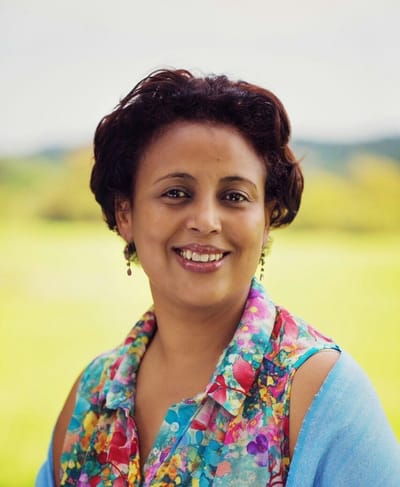about the founder

Yet, my journey took an unexpected turn when I felt the call to advocate for those facing similar battles, especially in under-resourced countries like Ethiopia. Witnessing the struggles of women, across the country, enduring life-threatening burns during seizures due to the lack of antiepileptic drugs to control their seizures, and merely existing with no hope for the future—except for waiting for the day their lives end because they find the physical injuries and the unbearable stigma and discrimination insurmountable—fueled my commitment to make a difference. In response, I founded CareEpilepsy in Ethiopia, driven by a vision of a future where individuals affected by epilepsy and associated conditions/disabilities gain access to comprehensive care, including treatment, antiepileptic medication, education, and employment. Furthermore, we strive for a society that is informed, compassionate, and actively works towards reducing the stigma associated with epilepsy, offering opportunities for people with epilepsy to receive education and employment, becoming active members of society.
The intriguing part of my journey occurred when I relocated to Ethiopia with a grand vision but only a modest sum (£2,000) to enact something life-changing in my home country. Unfortunately, financial challenges persist, accompanied by the usual apprehensions inherent in this field. Despite epilepsy being an underfunded program with minimal recognition from global entities like the World Health Organization, resulting in substantial financial challenges for our charity and a lack of financial support beyond friends and family.
It soon became clear to me that achieving our vision would demand hard work, courage, and steadfastness, but my commitment to its success remains unwavering. CareEpilepsy embodies a spirit of overcoming and stands as a testament to resilience. We refuse to succumb to victimhood and persist as a beacon of hope, steadfast in our determination to shape a brighter future for people with epilepsy and their families. I now live to serve people living with epilepsy, and this brings me great fulfilment. As the Chief Executive, I have been giving the privilege to rewrite the narrative of epilepsy in Ethiopia, one chapter at a time.
Now, I invite you to join me in this journey. CareEpilepsy isn't just a charity; it's a movement of overcomers, determined to make a lasting impact. Together, let's ensure that every person, whether in developed or developing countries, receives the care they deserve. With your support, we can turn the page on epilepsy's history and write a future filled with hope and empowerment.
Enat Yewnetu
Founder and CEO
CareEpilepsy Ethiopia
Empower and Transform Lives today!
Make a lasting impact by choosing to DONATE and be a force for saving lives.